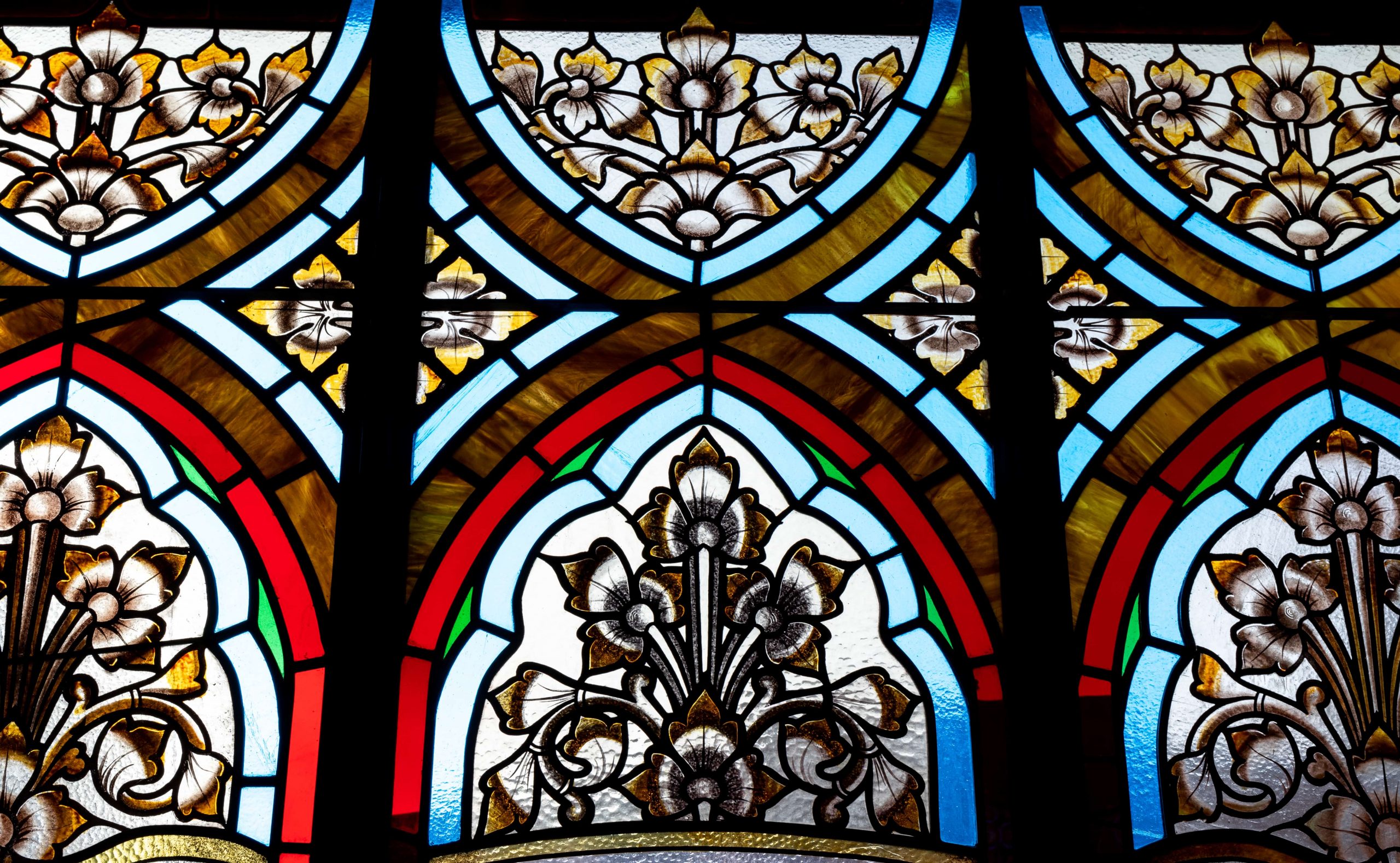“Jesus took bread, said the blessing, broke it, and giving it to his disciples said, ‘Take and eat; this is my body.’ Then he took a cup, gave thanks, and gave it to them, saying, ‘Drink from it, all of you, for this is my blood of the covenant, which will be shed on behalf of many for the forgiveness of sins.'”
Matthew 26:26-27
Eucharist completes Christian initiation. Those who have been raised Catholic by Baptism and configured to Christ by confirmation participate in the Lord’s own sacrifice by means of the Eucharist (Catechism of the Catholic Church, 1322). “At the Last Supper, on the night he was betrayed, our savior instituted the Eucharistic sacrifice of his Body and Blood. This he did in order to perpetuate the sacrifice of the cross throughout the ages…until he should come again” (Constitution on the Sacred Liturgy, 47; quoted in CCC, 1323).”
Register for First Reconciliation & First Eucharist here.


